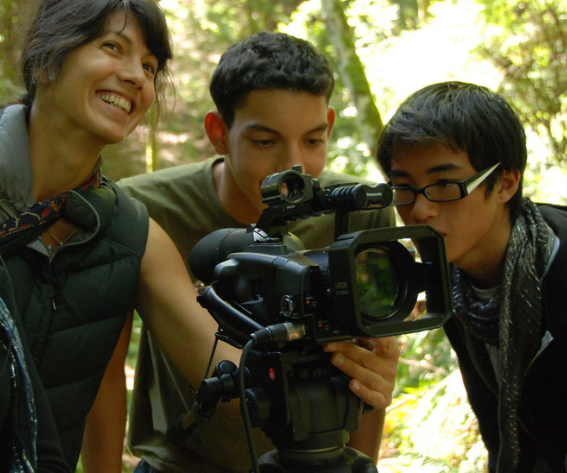Filmmaking is often romanticized as an artistic pursuit filled with creativity, red carpets, and premieres. But those who live and breathe cinema know the reality: it’s a grind. Long shooting days, often stretching to 12 or even 16 hours, test the endurance of both the body and mind. For years, coffee has been the silent hero behind the scenes—keeping directors alert, actors focused, and crew members awake through night shoots.
But caffeine is a short-term fix. It spikes energy, sometimes followed by a crash, and does little to address the deeper needs of filmmakers—stress relief, muscle recovery, and restorative sleep. That’s why more professionals in the industry are turning to indica gummies for pain as a healthier, plant-based solution to balance out the demands of their craft.
The Realities of Long Shooting Days
On set, the schedule rarely runs smoothly. A scene that looks effortless on screen can take dozens of takes, hours of lighting adjustments, and meticulous rehearsals to get right. For directors, that means being on constant alert, juggling creative decisions with production logistics. Actors often push their emotional and physical boundaries to deliver believable performances. Crew members, from camera operators to set designers, endure hours of physical labor under hot lights or outdoor conditions.
By the end of such days, the exhaustion is not just physical—it’s mental and emotional. Fatigue, stress, and irregular sleep cycles become the norm. Coffee can mask tiredness for a few hours, but it does nothing to restore what’s lost. That’s why many filmmakers rely on recovery rituals that help them transition from high-stress, high-energy days to calm, restorative nights.
Why Recovery Rituals Matter for Filmmakers
The appeal of intentional wind-down practices lies in their ability to support both the body and the mind. Instead of letting exhaustion linger, filmmakers are creating routines that smooth the transition from set to rest.
For some, this includes wellness tools. For others, it’s stretching, meditation, or a late-night script read in a relaxed state. The goal is the same: to quiet the mind and restore the body before the next demanding day.
Hydration: The Overlooked Essential
Film sets are notorious for being hot, crowded, and physically demanding. Hours under heavy lights or working outdoors can leave cast and crew dehydrated without realizing it. Proper hydration not only helps fight fatigue but also improves focus and mood—both critical when creative decisions need to be sharp. Simple habits like keeping electrolyte water on hand throughout the day make recovery at night much easier.
Yoga and Movement for Resetting the Body
After hours of standing, carrying equipment, or repeating physical performances, the body holds onto tension. That’s why many filmmakers are turning to yoga, stretching, or light movement as part of their nightly routine. These practices release tight muscles, improve circulation, and prepare the body for deeper rest—making them a natural counterbalance to the stiffness of long shoots.
Beyond Gummies: Other Cannabis Options for Filmmakers
While gummies are popular, they’re not the only option. Some professionals prefer the best THCa flower for a smooth, natural way to unwind, while others reach for the best THCa prerolls when convenience and quick relief are most important. These alternatives give filmmakers flexibility in how they recover after demanding shoots.
Why Coffee Alone Isn’t Enough
Coffee will always have its place on set. It keeps people alert, jumpstarts energy, and fuels early mornings. But relying solely on caffeine creates an imbalance—leading to jitters, crashes, and disrupted sleep.
The most effective approach filmmakers are finding is balance: caffeine to power the day, and restorative practices like gummies or other wellness tools to support the night. This dual strategy allows professionals not just to survive long production schedules, but to thrive within them.
Final Take
Filmmaking is one of the most rewarding yet demanding professions. Long shooting days test endurance, creativity, and resilience. While coffee has been the go-to solution for decades, today’s professionals recognize that true sustainability comes from recovery, not just energy.
For many, that means making space for restorative tools—whether that’s meditation, mindful routines, or simple nightly rituals that ensure deeper rest. By investing in recovery, filmmakers return to set sharper, calmer, and more resilient—ready to give their best to the craft they love.









Leave a reply